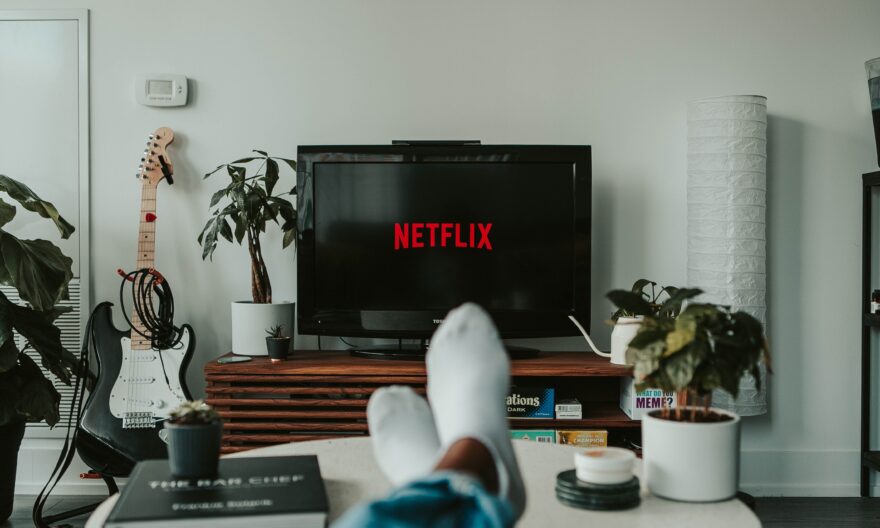
Sharing Netflix accounts with friends and family has become pretty common. But, the streaming service is now considering stopping people from sharing their passwords.
The company says it’s currently testing out a new policy that aims to stop people from using the same Netflix account when they do not live together.
In a test project, it’s now giving customers a prompt that, if they are not living with the subscriber, they will need to sign-up for their own profile.
The message reads: “If you don’t live with the owner of this account, you need your own account to keep watching.”
Although the company isn’t currently carrying out a full crackdown yet, a spokesperson said in an interview that the tests are “designed to help ensure that people using Netflix accounts are authorized to do so.”
What’s Netflix’s stance on account sharing?
In the last few years, since Netflix’s audience size and popularity have soared, the company has said on many occasions that it may take action on users’ sharing their passwords.
According to the terms of use, users are only allowed to share their accounts with other members of their households.
Back in 2016, Neil Hunt, Netflix’s Chief Product Manager, “We expect that Netflix is a household-level purchase and that sharing with members of the household is a reasonable thing to do.”
However, in October 2019, chief product officer Greg Peters said the company was looking at password sharing but had no “big plans to announce at this time in terms of doing something differently there.”
The company said in its statement that the tests would be carried out on viewers, and they must be using the same IP address as the account holder to be considered a household member.
“The Netflix service and any content viewed through our service are for your personal and non-commercial use only and may not be shared with individuals beyond your household,” it says.
In 2020, Netflix gained 37 million extra subscribers, and this figure continues to grow. The company is losing money from account sharing, and it’s not clear at this stage what action will be taken to prevent it in the future.



